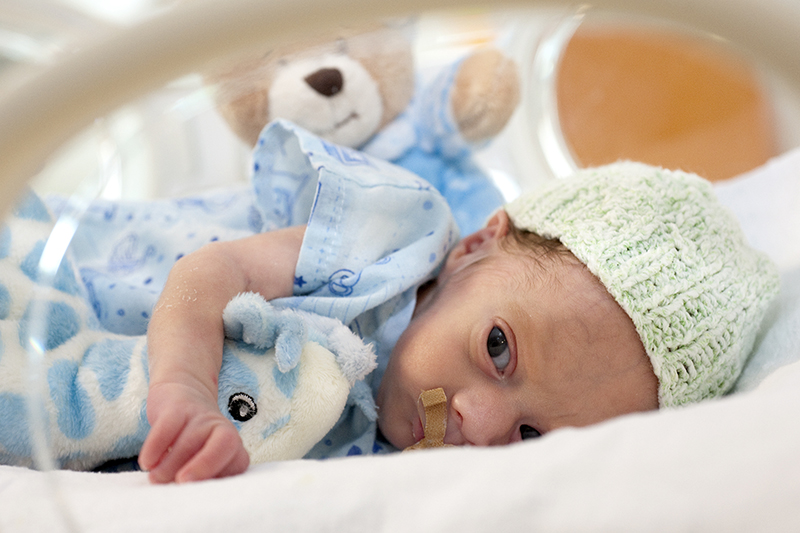Search
Research
Key steps in our journey to a COVID-19 vaccine programProviding a safe and effective coronavirus disease 2019 (COVID‐19) vaccination program is required to mitigate against the current and future negative impacts on the health and wellbeing of all Australians from COVID‐19. An effective vaccination program is a key element required to facilitate economic recovery, safe movement throughout and beyond Australia and a return to the quality of life previously experienced.
Research
Barriers to influenza vaccination of children hospitalised for acute respiratory illness: A cross-sectional surveyTo identify barriers to influenza vaccination of children hospitalised for acute respiratory illness in Australia. A total of 595 parents of children hospitalised with acute respiratory illness across five tertiary hospitals in 2019 participated in an online survey. Multivariate logistic regression identified factors most strongly associated with influenza vaccination barriers.
At the Wesfarmers Centre, we undertake research in five key areas of infections and immunisation to assist in children's health.
Review the hospital-based research that the Wesfamers Centre of Vaccines & Infectious Diseases conducts.
The aim of the study is the early identification of problems with the current flu vaccines, and providing parents and professionals with up to date information.

Coming up in 2021 Contact us We have a a study to suit every age range in 2021! From babies at just six weeks for the FluBub Study, through to
Conference presentations in 2025

This tool is designed to help current and future parents and caregivers as well as health care providers. It is currently based on the 2025 Western Australian RSV immunisation program.
